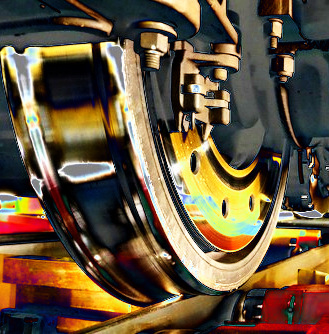Big rail blowout picked apart
 A review has highlighted issues with Australia’s delayed and over-budget inland rail project.
A review has highlighted issues with Australia’s delayed and over-budget inland rail project.
The cost of the build overseen by the federal Australian Rail and Track Corporation (ARTC) has ballooned to $31 billion, and is officially a decade late and three times over budget.
The Schott review, conducted by respected bureaucratic and project management expert Kerry Schott, reveals that the project is enmeshed in its own complexity as it moves through Queensland, central NSW and Victoria.
“The problem is that the board and its sub-committee do not have adequate skills to oversee this project,” Schott wrote in the review.
“ARTC is a large business and its management does need a capable board with a knowledge of rail operations, project management, the freight industry and regional nous as well as legal and accounting skills.”
His key recommendation is that the ARTC must be prevented from supervising itself on the project, with the government taking control after a decade-long binge.
Additionally, Schott recommended “a further assessment of the scope and cost of Inland Rail, conducted by an independent specialist in conjunction with a cost estimator/value engineer”.
Despite state governments and rail freight operators keen to settle the endpoints of the Inland Rail route, rail compatibility issues remain.
Every state has its own rail communications network, leading to interoperability problems and safety concerns.
One solution to this is a satellite communications overlay, which could add a viable backstop to traditional terrestrial radio networks. However, with the project already delayed and over-budget, it remains to be seen how the government will resolve these issues.
Infrastructure minister Catherine King says the report is “an indictment of the Liberal and National parties’ approach to government”.
“To leave a project without a start or end point, with a significant budget blowout, and a board without the skills it required is shameful,” she said.
The ARTC has been accused of having a “technically bereft board” that does not understand the engineering, network effects, construction challenges and physics of rail.
The Inland Rail freight line aims to transport goods from Melbourne to Brisbane in under 24 hours, avoiding the coastal route. The project is seen as crucial to Australia's future infrastructure needs and the success of the agriculture industry.
However, its progress has been marred by conflict between federal and state governments, rail compatibility issues, and an overextended ARTC.
With the government accepting the Schott review's recommendations and committing to further assessments of the project, some now expect progress in the coming months.







 Print
Print